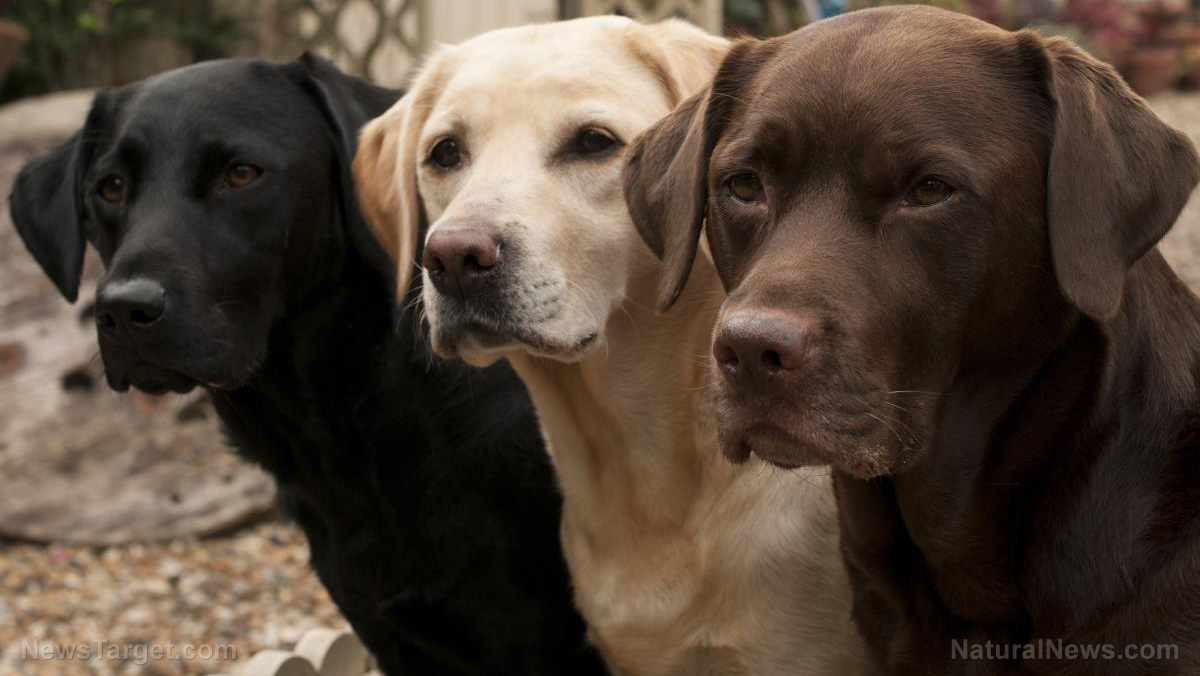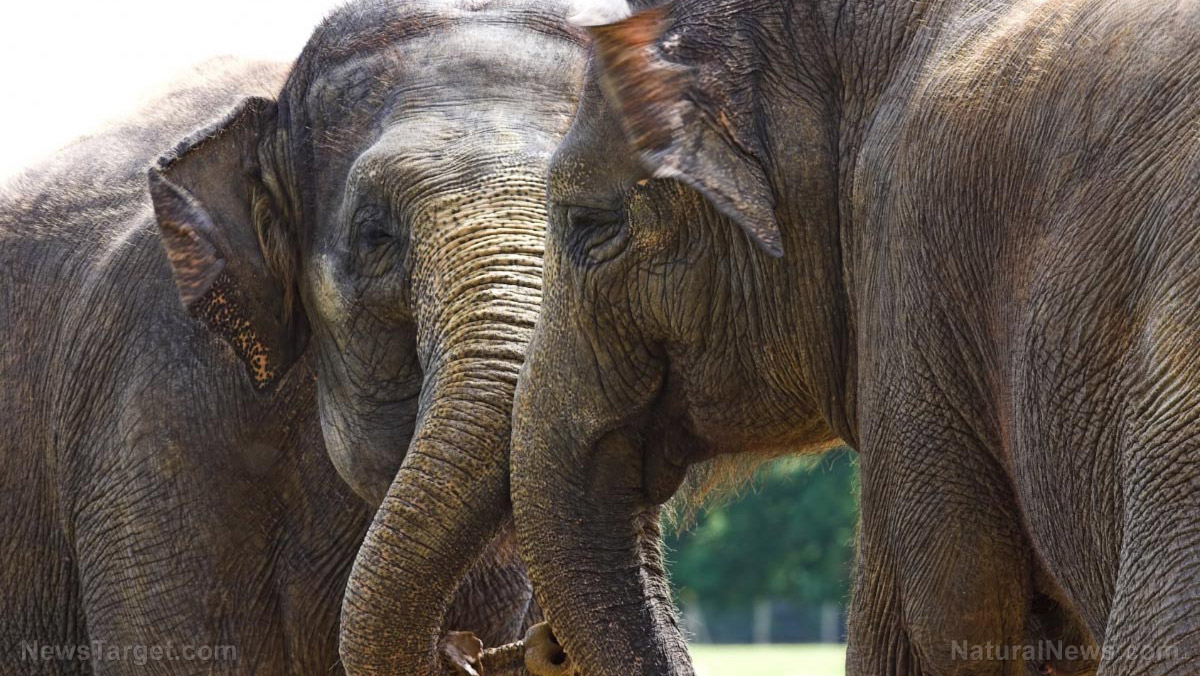
Researchers from the University of Veterinary Medicine in Vienna came to this conclusion after conducting a puzzle rope test with dogs and wolves from the Wolf Science Center in Vienna. For their study, they used 12 human-socialized wolves (eight males and four females) and 14 dogs (seven males and seven females) who were either raised as pets or reared in packs like wolves.
The puzzle rope test worked like so: An apparatus would dispense food to the animals if they succeeded in simultaneously tugging on two different ropes. Only pulling one rope would result in the puzzle tilting and making it difficult to get the food reward. All of the animals had been exposed to a similar scenario wherein pulling rope resulted in a treat, yet for many this was the first time they had been presented with such a challenge.
The researchers performed the experiment hundreds of times using different wolf and dog pairs. In addition, they greatly varied the conditions surrounding the test; for example, using a two-tray task scenario to increase the difficulty, or releasing one half of the pair 10 seconds after the other. By the end, they found that the wolf pairs had outperformed the dog pairs by a significant margin. Out of 416 attempts, 100 turned out successful. Breaking it down further, it means that five out of seven wolf pairs pulled off the task on three to 56 percent of their efforts. On the other hand, the dogs gained their reward a mere two times out of 472 attempts.
Moreover, the researchers noted that wolves executed the task best when they were paired with familiar partners that held the same rank as they did in their pack. The wolves were also more willing to approach the apparatus together instead of waiting for the other to advance on it first. By contrast, the dominant dogs would go near the apparatus before their partner, otherwise fights between the pairs would occur.
“The dogs are really trying to avoid conflict over what they see as a resource. This is what we found in food-sharing studies, where the dominant animal would take the food and the subordinate wouldn’t even try to approach,” lead author Sara Marshall-Pescini told TheAtlantic.com. “With wolves, there’s a lot of arguing and it sounds aggressive, but they end up sharing. They have really different strategies in situations of potential conflict. [With the dogs], you see that if you avoid the other individual, you avoid conflict, but you can’t cooperate either.”
Marshall-Pescini added that domestication has made dogs less attentive to one another. She cited the fact that wolves need to work together to bring down larger prey and end up sharing their meals to maintain the integrity of their social bonds. Once humans came into the picture, however, this fell by the wayside as the animals could just as easily scavenge on human refuse by themselves. Encountering another dog would simply result in them continuing their search for food instead of fighting for it. (Related: African dogs “vote” on group decisions by SNEEZING.)
Despite this, dogs can be trained to think and work in harmony, similar to their wild cousins. Dogs that have been raised in the same household and taught not to squabble over resources have a greater chance of unlocking their primal wolf-like skills, as was demonstrated in 2014 at the University of Cambridge. There, search and rescue dogs were able to perform the string-pulling task more successfully than the dogs used in Marshall-Pescini and her colleagues' study.
Visit NaturalNewsPets.com to learn more about pet behavior.
Sources include:
Please contact us for more information.























